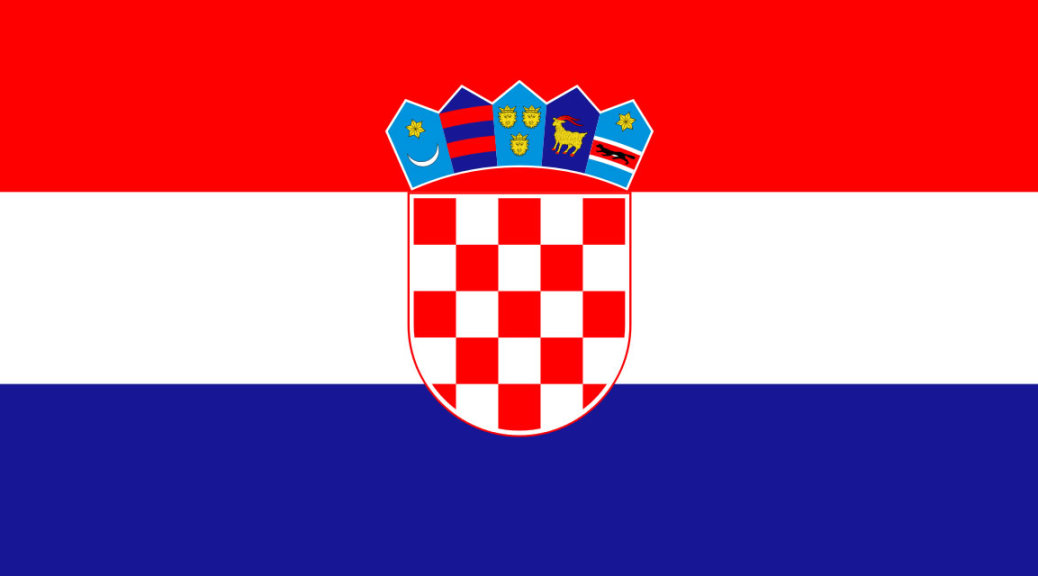The Republic of Croatia is located in the southeast of Europe, covering the area from the Pannonian lowland to the Alps and the Adriatic Sea.
Croatian territory combines a lot of different landscapes from lowlands, hilly parts, the mountains onto the coast and numerous islands. All of those landscapes form a special natural treasure and ideal for anyone looking for a place of their dreams.
In the surface of 56,594 km2, Croatia is organized in 21 County, 127 cities, 429 towns and 6755 villages inhabited by 4.4 million people. Length of land borders with Bosnia and Herzegovina, Hungary, Slovenia, Serbia and Montenegro is 2374,9 kilometers long while sea borders (continental and insular) is significantly larger amounting 6,278 kilometers.
Croatia has 1246 beautiful islands which are tailored by nature for every individual, either of those isolated to the ones with rich culture and centuries-old history. Croatia also has many lakes. Specifically, 31 lake of which some, like the Plitvice Lakes are named National Parks because of its exceptional nature and beauty.
Croatia’s uniqueness lays in the fact that in a relatively small country you can find just about any type of territory that suits you, from the sea and the islands, across the hills and mountains to perfect Slavonian plains where you can enjoy in all four seasons which have special characteristics.
Croatia submitted its application to join the European Union on 21 February 2003. After getting the European Commission’s positive opinion in April 2004, Croatia was granted the status of candidate country in June of that same year. This opened the way for starting accession negotiations, officially launched on 3 October 2005. By coming into force of the Treaty of Accession, on 1 July 2013 Croatia became 28th member state of the European Union.
State organization
Croatia is regulated as a Republic, independent, sovereign and democratic state, which gained its independence in 1991. The official language is Croatian, and the script is Latin. The national currency is the kuna. Zagreb is the capital, which is also the political, economic, administrative, academic, cultural and art center.
